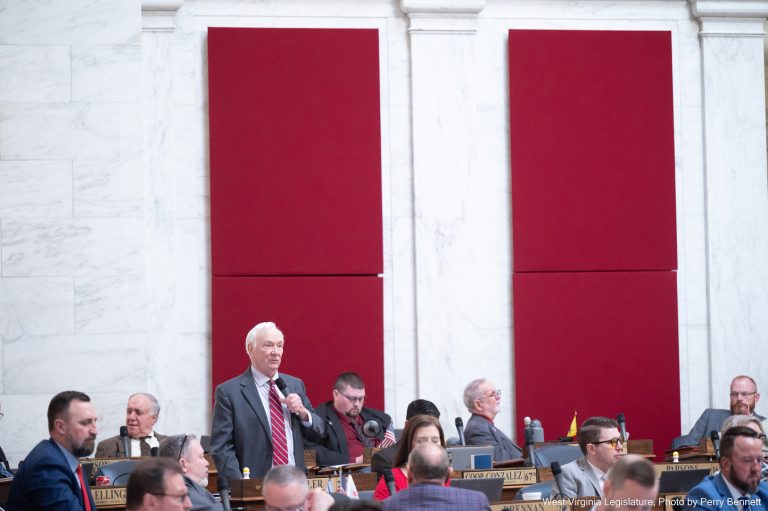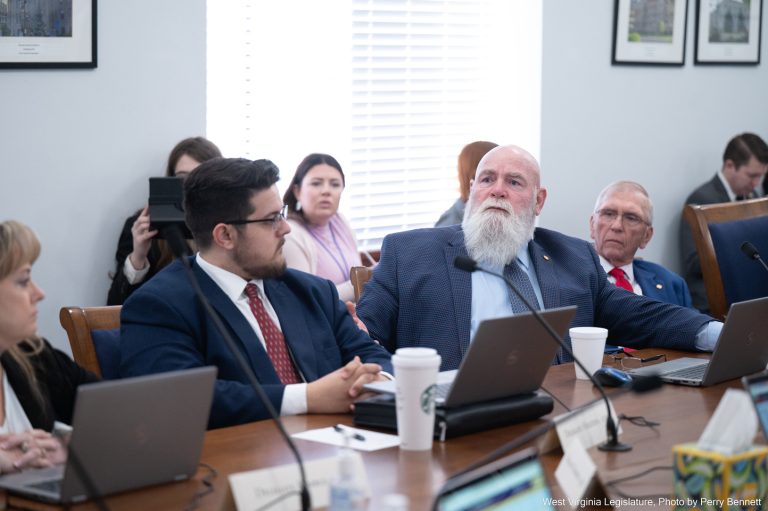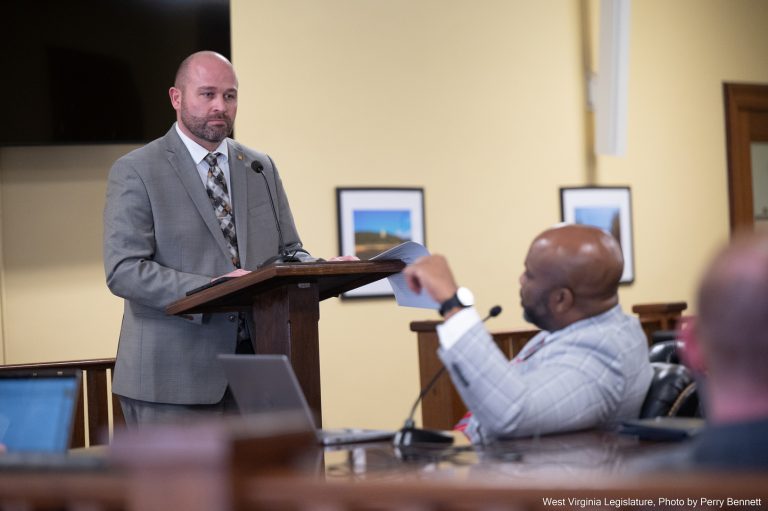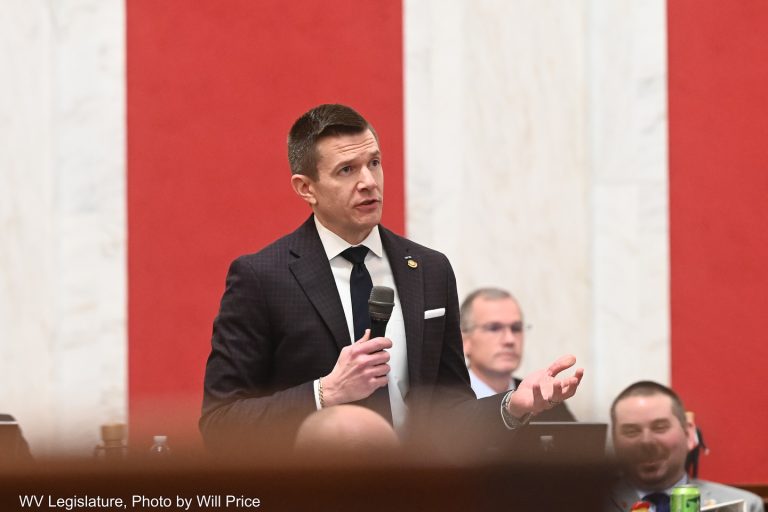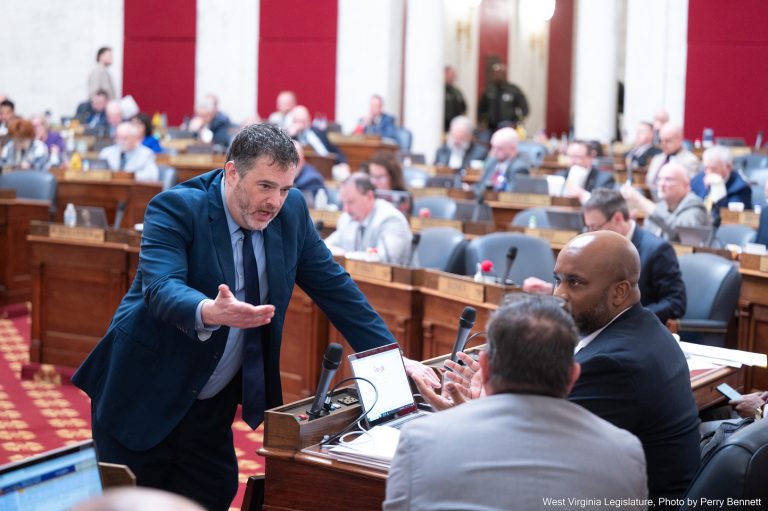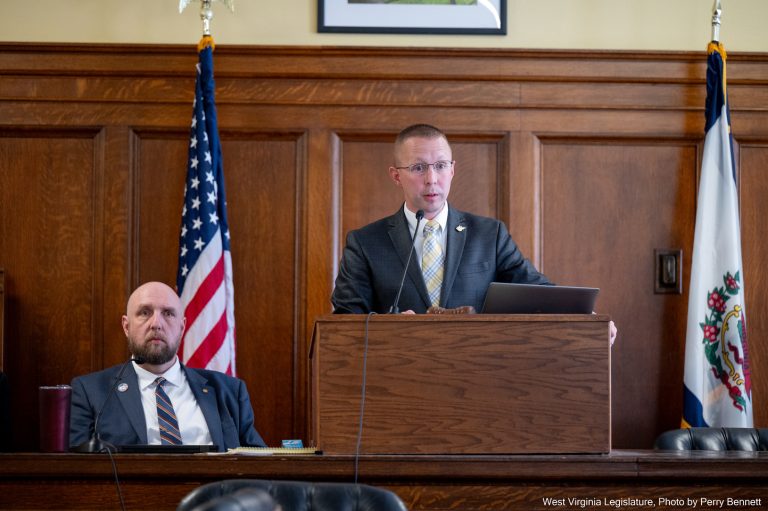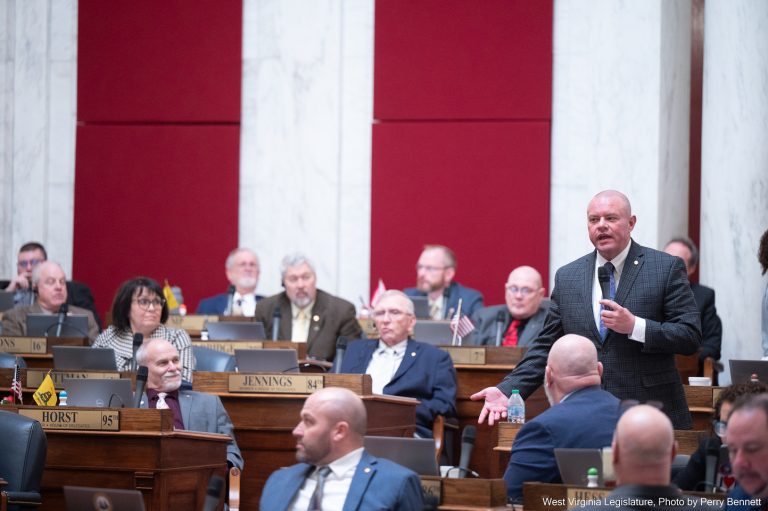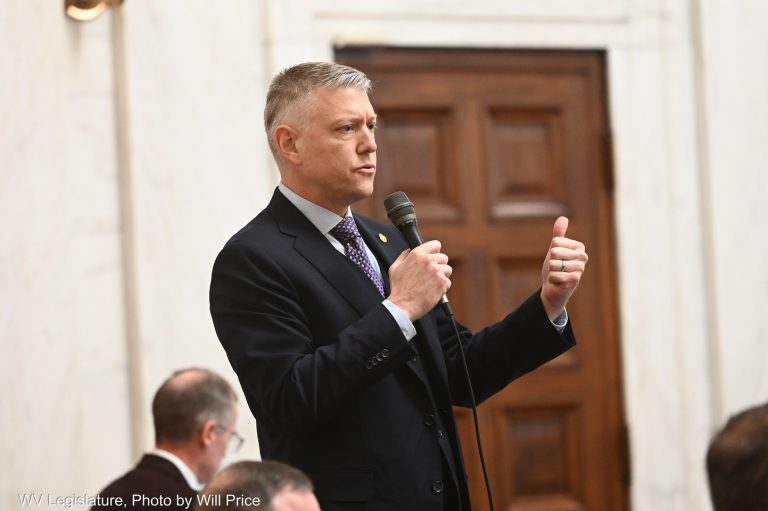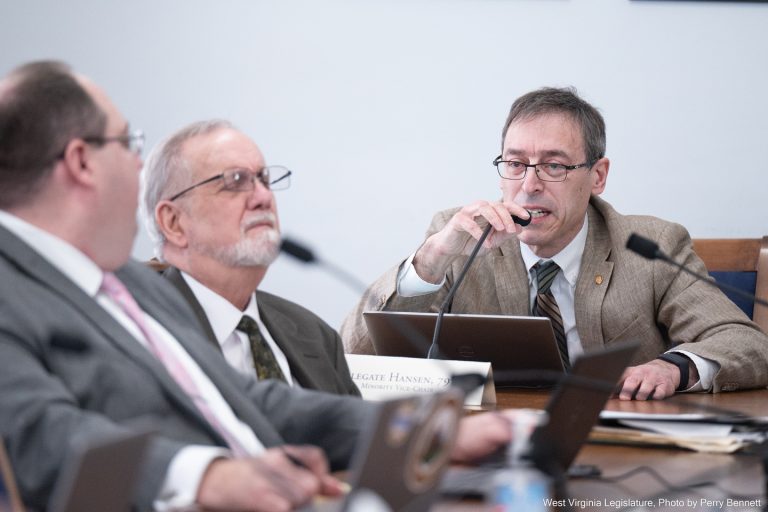Today, the House of Delegates passed five bills, committed a bill to the Rules Committee, and postponed action on another.
House Bill 2513 enhances training for county board of education members by increasing the number of training hours to 12, setting a training deadline, and updating the training material.
House Bill 2516 repeals antiquated and inoperative sections of the education code including Vision 2020, provisions related to Cedar Lakes, which is now within the Department of Agriculture, college and career readiness, statewide textbooks, and instructional material – now handled at the county level, School Innovation Zone Act, and obsolete language relating to vo-tech education.
House Bill 2635 requires classrooms to be split as evenly as possible with aide coverage when needed to ensure a better teacher/pupil ratio and provide students with one-on-one time with teachers and aides.
House Bill 2742 removes obsolete language and creates a certificate of public necessity waiver for projects reviewed and approved by the Infrastructure and Jobs Development Council.
House Bill 3017 requires the county clerk to inspect voting equipment a week before the election to ensure it is not connected to the internet. The bill also requires the Secretary of State to randomly check ten percent of equipment randomly throughout the state.
House Bill 2043 was committed to the Rules Committee. The bill would allow the use of drones for locating mortally wounded wildlife.
House Bill 2143 was postponed one day.
Resolutions introduced today can be found here.
Bills introduced today can be found here.
The House is adjourned until 11 a.m. Monday, March 17, 2025.
Committee Meetings, Today March 14
- The Subcommittee on Agriculture, Commerce, and Tourism will meet at 1 p.m. in Room 215E.
- The Subcommittee on Educational Choice will meet at 1 p.m. in Room 432M.
- The Subcommittee on Government Administration will meet at 2 p.m. in Room 215E
- The Committee on Education will meet at 2 p.m. in Room 432M.
Committee Meetings, Monday March 17
- The Finance Committee will meet at 9 a.m. in Room 460.
- The Judiciary Committee will meet at 9 a.m. in Room 410.
- The Finance Committee will meet at 1 p.m. in Room 460.
- The Committee on Education will meet at 1 p.m. in Room 432M.
- The Committee on Government Organization will meet at 1 p.m. in Room 215E.
- The Subcommittee on Energy and Public Works will meet at 3 p.m. in Room 410.
- The Committee on Health and Human Resources will meet at 3:30 p.m. in Room 215E.


